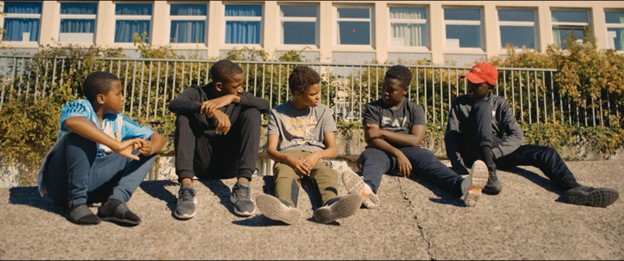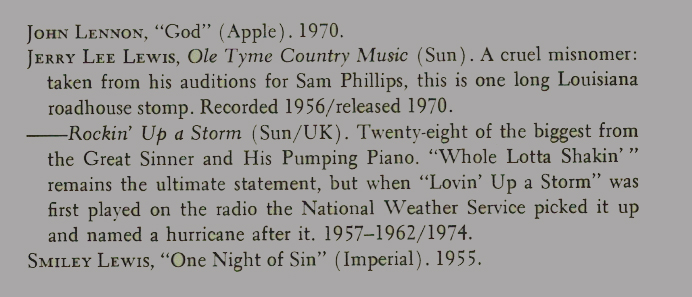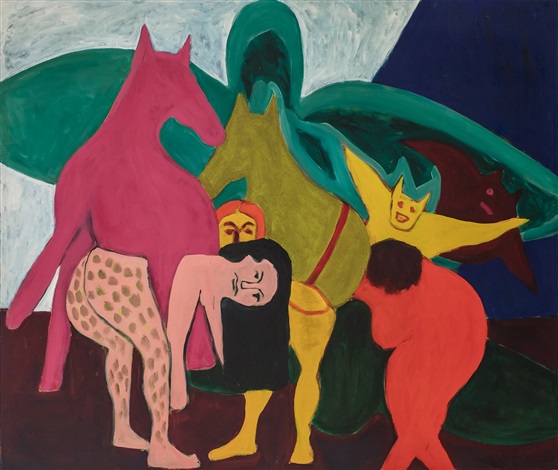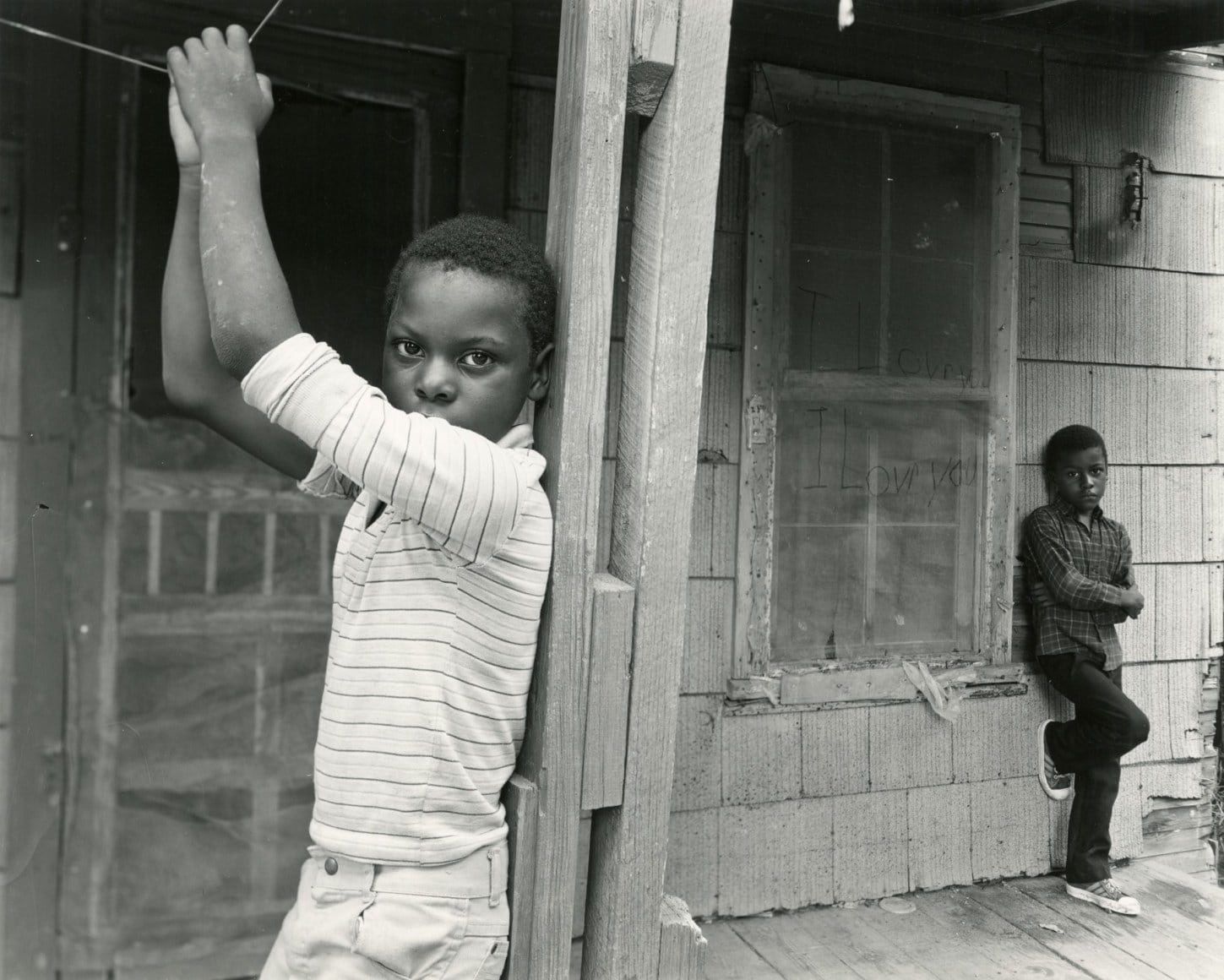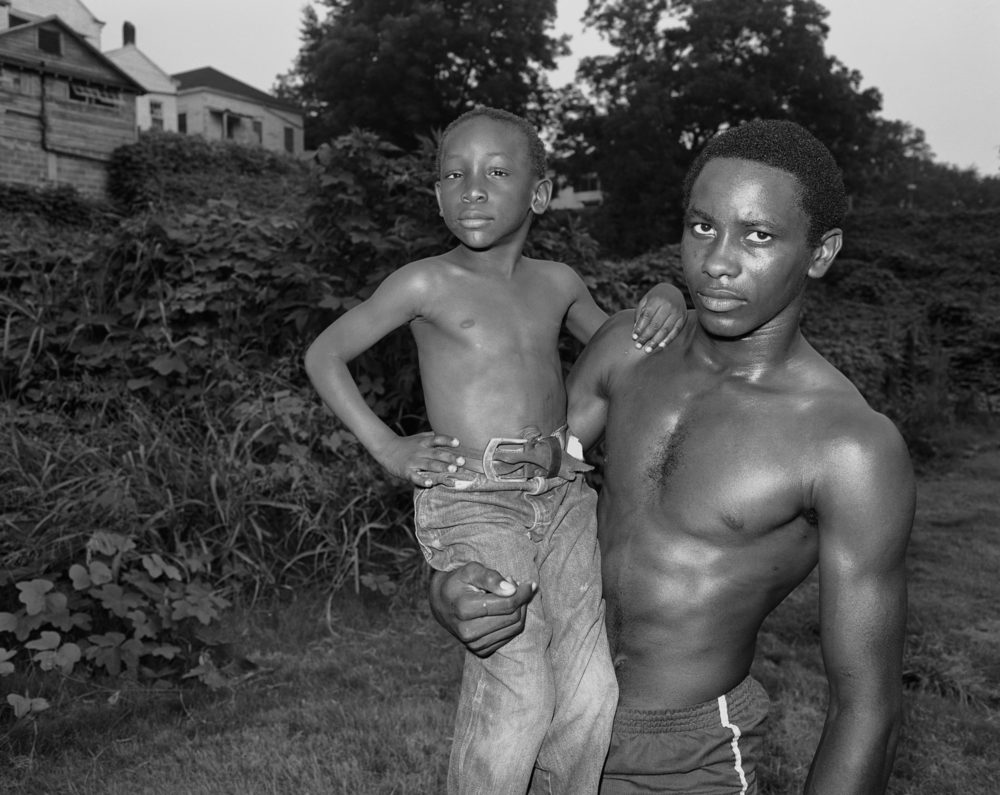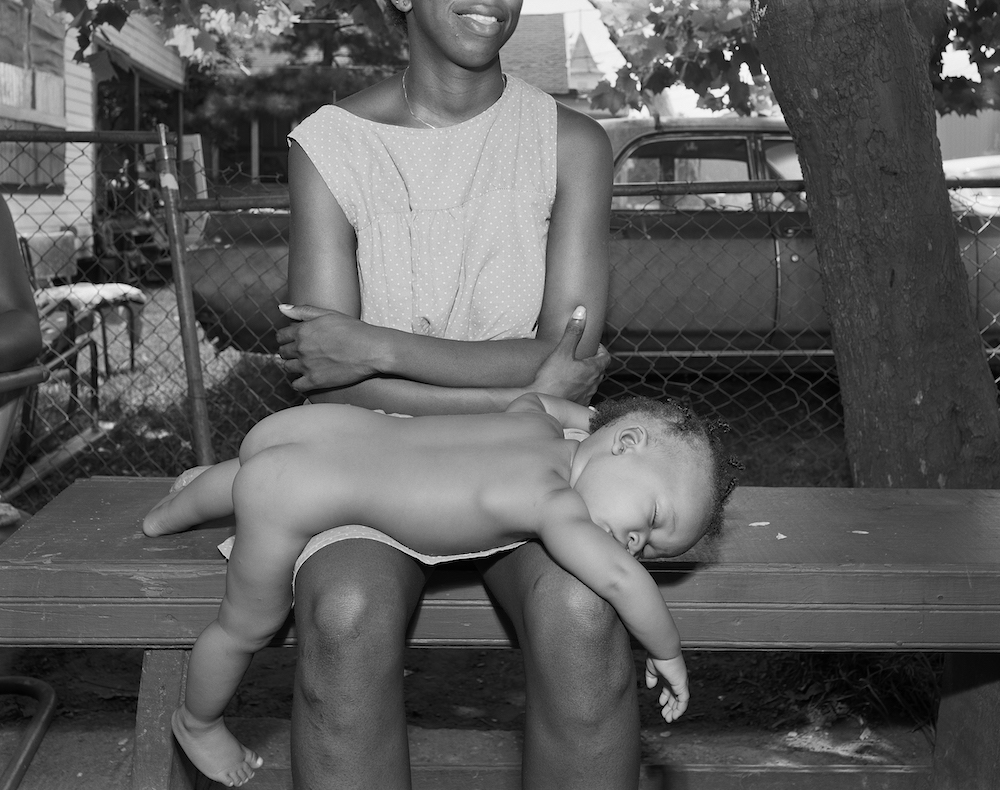…The second-to-last night (the penultimate night on Earth), we were having dinner at their new place, the one we’d been trying to move into for months now. They showed me their books, their paintings (haunted self-portraits of a girl under water, or a girl lost in the dream of her own beauty, her own schizophrenia, an enclosed and infinite pain: but also they were no longer self-portraits, they were portraits of a dead girl, a girl who’d been dead for aeons, who’d escaped or gotten lost through a trapdoor in the basement of time, who’d…). They gave me jewelry to wear. I had a vision of the two of us, of future afternoons in the living room: languid afternoons, erotic afternoons in which nothing happens. They sang Leonard Cohen’s “I’m Your Man” for me (a prefiguration of their transition), serenading me, and afterwards they made me cum, fingering me vigorously and telling me what a whore I was, or am. This is all for my pleasure, they said. Your pleasure doesn’t matter. I moan. You’re just a fucktoy, a doll I bought at the store, you exist to be fucked, you’re pure sex and nothing else, you don’t have a soul, you don’t have a brain, you’re nothing but degraded lust, nothing but holes to be filled by so many cocks, a mouth to be used by so many pussies, a bimbo, a bitch, etc. They suck on my tits with a sexual hunger I’ve never seen before, and I explode.
Read more
